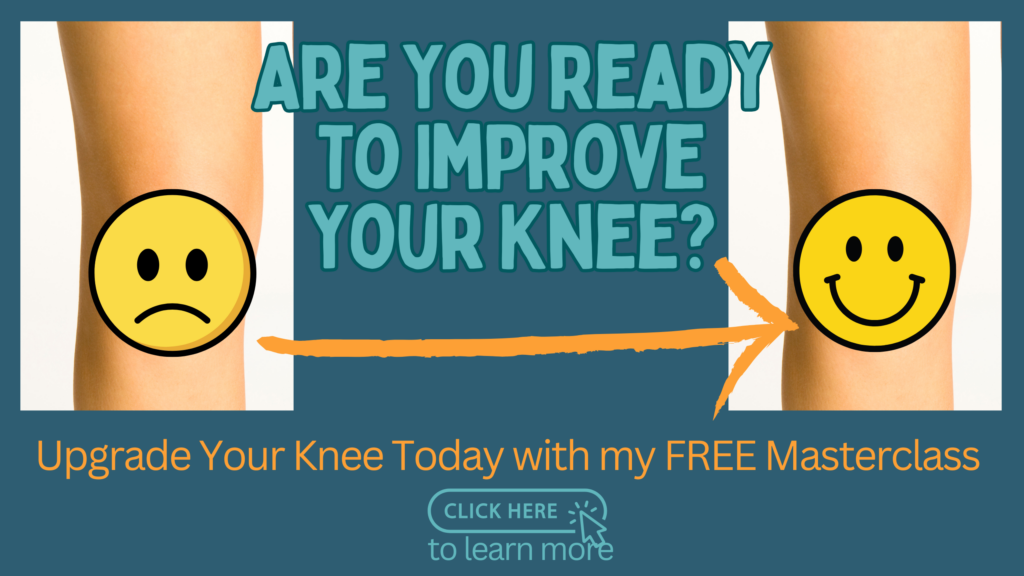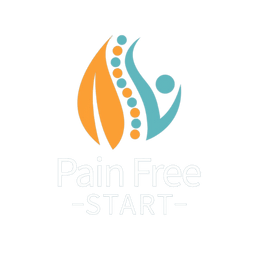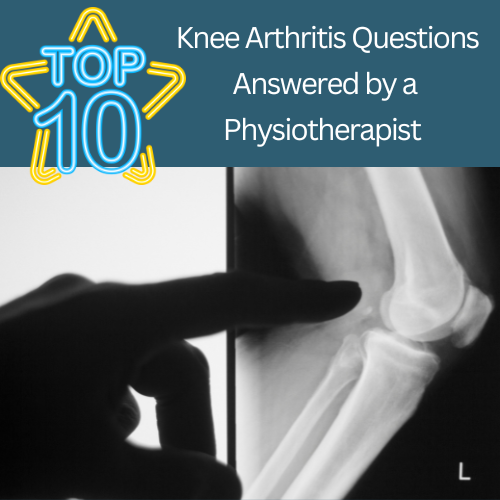Introduction
Knee arthritis is a widespread condition affecting millions of people worldwide, significantly impacting mobility and quality of life. Whether you’re newly diagnosed or have been living with arthritis for years, you may have many questions about managing pain, staying active, and protecting your knees for the long term.
In this comprehensive guide, we’ll address 10 of the most frequently asked questions about knee arthritis, helping you gain clarity and take control of your health.
1. What Are the Early Signs of Knee Arthritis?
Knee arthritis often develops gradually, with subtle signs that can be easy to dismiss in the early stages. Key symptoms include:
- Stiffness – Often noticeable in the morning or after prolonged periods of inactivity.
- Mild swelling – The knee may appear slightly puffy or swollen due to inflammation.
- Aching pain – This discomfort often worsens with activity and improves with rest.
- Grinding or clicking sensations (crepitus) – A feeling of friction within the joint when moving.
- Decreased flexibility – You may find it harder to fully bend or straighten your knee.
Recognising these early warning signs allows you to take proactive steps to slow progression and protect your knee health.
Interested in what an arthritic knee looks like on x-ray? If so, this blog may be of interest. Understanding Arthritic Knees Through X-rays and Images: What Do They Show?
2. What Causes Knee Arthritis?
Knee arthritis can develop due to several contributing factors, including:
- Age – Wear and tear accumulate over time, increasing the risk.
- Previous injuries – Old injuries, such as ligament tears or fractures, can lead to arthritis later.
- Genetics – If knee arthritis runs in your family, you may have a higher risk.
- Obesity – Carrying excess weight increases stress on the knee joints.
- Repetitive stress – Occupations or activities that involve excessive knee use can accelerate cartilage breakdown.
Understanding these risk factors can help you take preventive measures to slow the onset and progression of arthritis.
3. What Are the Best Exercises for Knee Arthritis?
Exercise is crucial for maintaining knee function and managing arthritis symptoms. However, finding the right balance is key, as certain exercises can aggravate your condition.
Here are some effective exercises that strengthen your knee without causing flare-ups:
- Quadriceps Strengthening – Leg lifts and wall sits improve knee support.
- Low-Impact Cardio – Walking, swimming, and cycling keep joints mobile.
- Stretching Exercises – Gentle hamstring and calf stretches enhance flexibility.
- Balance & Stability Work – Activities like Tai Chi or single-leg stands improve joint control.
TOP TIP – Learn how to strengthen your knee safely in my FREE Masterclass! I teach two key strengthening exercises, plus strategies to avoid flare-ups and manage pain effectively. Click to learn more and enrol.
🔗 Related Blogs:
- How Will Exercise Help My Osteoarthritic (OA) Knee?
- Squats vs. Deadlifts: Which Is Better for Arthritic Knees?
- Using a Rowing Machine with Arthritic Knees: Benefits & Tips
- Pickleball: A Great Alternative Racket Sport for Arthritic Knees

4. What Exercises Should I Avoid If I Have Knee Arthritis?
Some exercises place excessive stress on arthritic knees and may worsen pain. It’s best to approach the following movements with caution:
- Deep squats and lunges (especially with weights) – These can strain the knee joint.
- Running on hard surfaces – High-impact forces can accelerate joint wear.
- Jumping exercises (plyometrics, box jumps, etc.) – High-intensity impact can aggravate symptoms.
- High-impact sports (tennis, basketball, etc.) – Quick directional changes increase joint stress.
Instead, focus on low-impact movements to protect your knees while staying active.
🔗 For more details, check out my blog: 5 Exercises to Avoid If You Have Arthritic Knees.
5. Can Knee Arthritis Be Reversed?
Unfortunately, there is no cure for arthritis, but symptoms can be managed effectively. With the right strategies, you can slow its progression and improve joint function.
Here’s how:
- Regular targeted exercise – Strengthening the right muscles can reduce stress on the joint.
- Weight management – Losing excess weight can significantly reduce pain levels.
- Joint-friendly activities – Swimming, cycling, and walking help maintain mobility.
- Education & expert guidance – Understanding how to care for your knee is crucial.
TOP TIP – Join my Arthritic Knee Program for expert guidance on strengthening, pain management, and knee protection. Click the link to learn more!
6. Should I Use Heat or Ice for Knee Arthritis?
Both heat and ice have their benefits, depending on your symptoms:
- Ice: Best for reducing swelling and numbing pain after activity. Ideal during flare-ups.
- Heat: Helps relax stiff muscles and improve circulation before movement.
For day-to-day arthritic pain, heat is often more beneficial. If your knee feels inflamed or swollen, ice is the better choice.
🔗 Read more: Unlocking Relief: Managing Osteoarthritis (OA) of the Knee.
7. Is Walking Good for Knee Arthritis?
Absolutely! Walking is one of the best ways to keep your joints healthy. Benefits include:
- Maintains mobility – Prevents stiffness and keeps joints moving.
- Strengthens leg muscles – Reduces strain on the knee.
- Supports weight management – Helps control body weight, easing knee stress.
Start with short, gentle walks on even surfaces, and gradually increase your distance.
🔗 Helpful Blogs:
8. What Foods Help with Knee Arthritis?
A diet rich in anti-inflammatory foods can help reduce joint pain. Some top choices include:
- Fatty fish – Salmon, mackerel, sardines (high in Omega-3s).
- Leafy greens – Spinach, kale, and broccoli (rich in antioxidants).
- Nuts & seeds – Almonds, walnuts, chia seeds.
- Turmeric & ginger – Natural anti-inflammatory spices.
Avoid processed foods, excess sugar, and trans fats, which can increase inflammation.
🔗 The Truth About Supplements for Knee Arthritis: What Works & What’s a Waste of Money
9. When Should I Consider a Knee Replacement?
You may need to consider surgery if:
- Pain severely limits daily activities.
- Treatments like physical therapy and medications no longer help.
- The knee is deformed or has significant structural damage.
- Pain persists even at rest or during sleep.
Consulting a specialist can help you determine if surgery is the best option.
🔗 Learn more: Medical Treatments for Knee Arthritis: An Overview.
10. What’s the Best Way to Prevent Knee Arthritis from Getting Worse?
To slow arthritis progression and maintain knee health:
- Stay active with low-impact exercises.
- Maintain a healthy weight to reduce joint stress.
- Strengthen the muscles around the knee to provide support.
- Use proper footwear for shock absorption.
- Listen to your body and avoid overloading your joints.
TIP – Take action – Start UPGRADING your knee today. Click to learn more about my FREE masterclass, where I share how to settle and avoid a flare-up, 2 strengthening exercises to get you started and much more.
Final Thoughts
Knee arthritis can be challenging, but the right knowledge and action steps can make a huge difference. If you’re struggling with knee pain, consider joining my FREE Masterclass on Knee Arthritis, where I dive deeper into managing flare-ups, avoiding common mistakes, and keeping your knees healthy for the long term. Click here to sign up!
If you found this helpful, share it with someone who needs it!
Take care, Helen
Helen Manders BSc (Hons) MCSP HCPC
Chartered Physiotherapist Treating Arthritic Knees Since 2001




